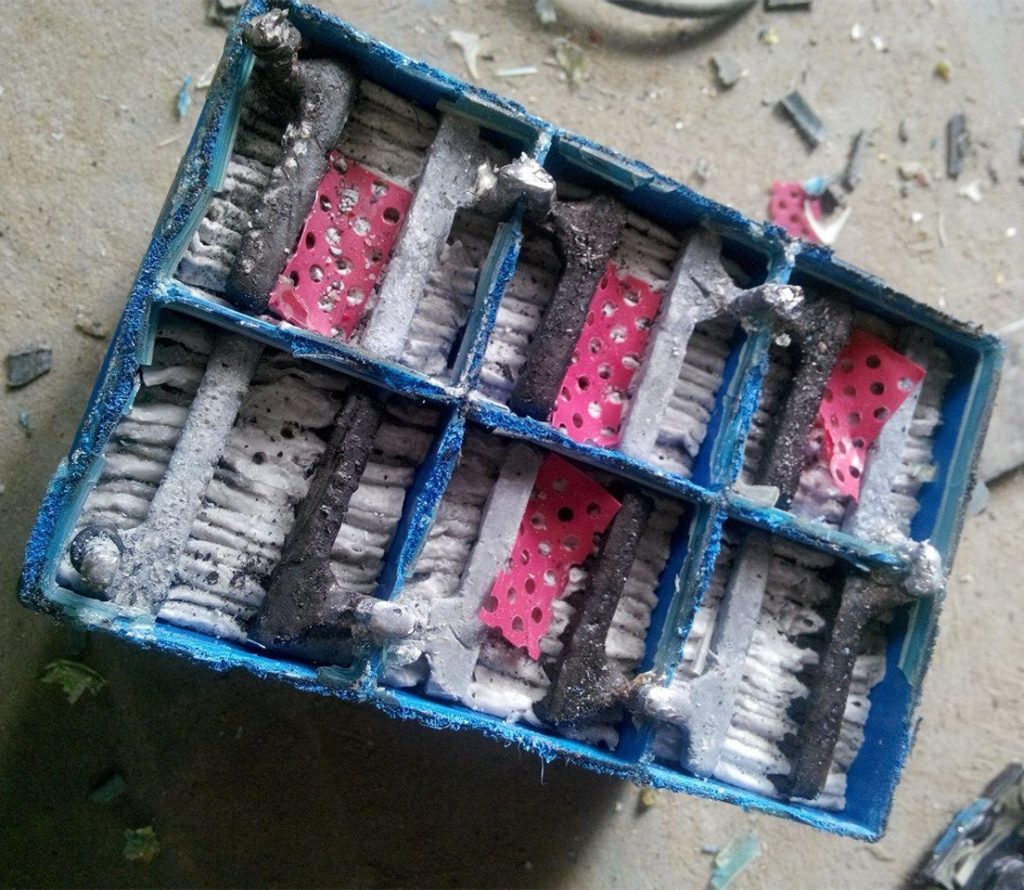
Why Battery Sulfation Happens and How to Prevent It
Definition of Battery Sulfation:
Battery sulfation refers to the formation of lead sulfate (PbSO₄) crystals on the lead plates inside a battery. Over time, these crystals harden and reduce the reactive surface area of the plates, which in turn decreases the battery’s capacity and efficiency.
How Sulfation Occurs:
-
Prolonged Discharge: When a battery remains in a discharged state for an extended period, lead sulfate forms hard crystals on the plates.
-
Repeated Undercharging: Inadequate or partial charging causes the lead sulfate to remain on the plates instead of converting back into active material, leading to accumulation.
-
Deep or Frequent Discharges: Batteries that are deeply or repeatedly discharged are more prone to sulfation.
Effects of Sulfation:
-
Reduced Capacity: Sulfation lowers the effective surface area of the plates, limiting the battery’s ability to hold and deliver charge.
-
Higher Internal Resistance: This results in voltage drops and weaker starting power.
-
Shortened Battery Life: The battery loses its ability to retain a charge over time.
-
Complete Failure: In severe cases, the battery may become permanently damaged and require replacement.
Main Causes of Sulfation:
-
Using the battery without fully charging it on a regular basis.
-
Frequent deep discharges without timely recharging.
-
Storing or operating the battery in high-temperature environments, which accelerates chemical degradation.
-
Using low-quality or non-standard chargers that fail to deliver proper charge cycles.
Prevention Methods:
-
Regular Full Charging: Recharge the battery completely after use or periodically to maintain performance.
-
Use Smart Chargers: These chargers manage the charging process in phases and help prevent sulfation.
-
Avoid Deep Discharges: Try not to let the battery fully discharge before recharging.
-
Control Temperature: Store and operate the battery in a cool, controlled environment to reduce thermal stress.
-
Periodic Inspection: Check old batteries or those unused for long periods for signs of sulfation.
Conclusion:
Sulfation is one of the most common reasons for reduced battery performance and early failure in automotive batteries. By adopting proper charging habits, using smart chargers, avoiding deep discharges, and storing batteries under ideal conditions, users can significantly extend battery life and prevent sulfation. Taking these preventive steps saves money and minimizes unexpected vehicle failures.
